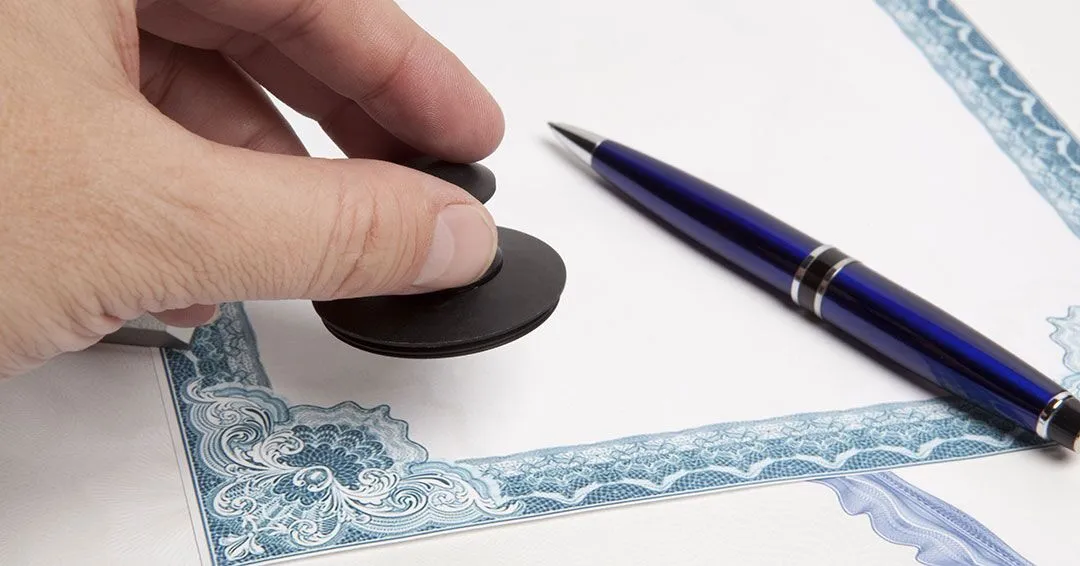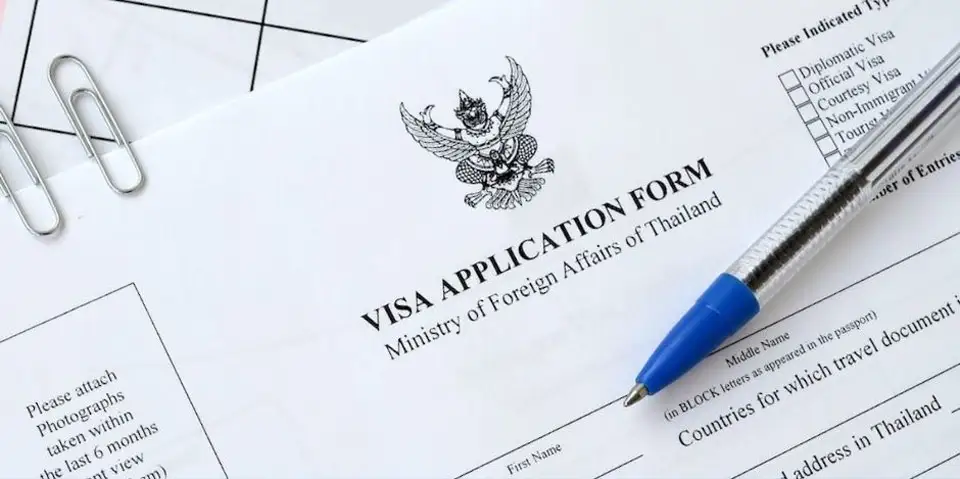Property Mortgages in Thailand. Property ownership in Thailand is an attractive investment option for both Thai citizens and foreigners. However, when it comes to financing, particularly mortgages, the process can be challenging—especially for foreign buyers. Unlike in many Western countries, where banks readily offer home loans to non-citizens, Thai mortgage options for foreigners are limited and come with stricter requirements.
This article provides an in-depth analysis of Thailand’s property mortgage landscape, covering eligibility criteria, mortgage terms, lender options, challenges, legal considerations, and practical advice for securing a mortgage.
1. Can Foreigners Get a Mortgage in Thailand?
Foreigners face several legal restrictions when purchasing property in Thailand, including limitations on land ownership. While they can own condominiums outright, buying landed property typically requires leasing arrangements or Thai business partnerships.
For mortgages, Thai banks have historically been reluctant to lend to foreigners due to concerns over:
-
Lack of local credit history
-
Uncertain financial commitments
-
Immigration status and potential difficulty in enforcing debt repayment
However, some banks and international financial institutions now offer mortgage options for foreigners, albeit with stricter terms than for Thai citizens.
2. Thai Mortgage Options for Foreigners
Foreign buyers looking for mortgage financing in Thailand generally have three primary options:
2.1 Thai Banks Offering Foreign Mortgages
Some Thai commercial banks provide mortgages to foreigners under specific conditions:
-
The property must be a condominium (not landed property).
-
The buyer must have a valid long-term visa or work permit.
-
A substantial down payment (often 30%-50%) is required.
2.2 International Banks with Thai Branches
Some international banks, particularly those based in Singapore or Hong Kong, offer home financing for foreign buyers looking to invest in Thailand. These banks typically:
-
Provide higher loan amounts than Thai banks.
-
Require overseas income proof.
-
Offer interest rates that may be higher than local banks.
2.3 Developer Financing
Some property developers offer in-house financing for foreign buyers, often in the form of:
-
Interest-free installment plans during the construction phase.
-
Short-term mortgage plans (3-5 years) with higher interest rates.
-
Financing packages tailored for foreign investors.
3. Mortgage Terms and Conditions in Thailand
When securing a mortgage in Thailand, borrowers—both Thai and foreign—should be aware of the general loan conditions, which vary by lender.
3.1 Loan-to-Value Ratio (LTV) & Down Payments
-
Foreigners: Typically require a 30%-50% down payment.
-
Thai Citizens: Can qualify for 80%-90% financing.
3.2 Interest Rates
-
Thai banks generally offer fixed or floating rates.
-
Interest rates for foreign borrowers range from 5%-7% annually, higher than for locals.
3.3 Loan Tenure
-
Mortgages for foreigners are usually limited to 10-15 years.
-
Thai citizens may receive loans up to 30 years.
3.4 Required Documentation
-
Passport & valid visa (for foreigners)
-
Proof of income (salary slips, tax returns, business records)
-
Credit history report (from home country or Thai financial institutions)
-
Title deed (Chanote) and purchase agreement
4. Legal Considerations for Mortgages in Thailand
4.1 Title Deeds and Ownership Rights
Foreigners must ensure the property has a Chanote (freehold title deed) before obtaining a mortgage. Lenders will not approve financing for properties with unclear ownership.
4.2 Foreign Exchange Regulations
If a foreigner is buying a condominium, Thai law requires that funds used for the purchase come from abroad and be recorded as a Foreign Exchange Transaction (FET) Form at the receiving Thai bank. This documentation is crucial for mortgage approval.
4.3 Loan Default Consequences
If a borrower defaults on a mortgage, the lender can:
-
Seize and sell the property through a court order.
-
Report the default to Thai credit agencies (affecting future borrowing ability).
-
Initiate legal proceedings, which may result in deportation for foreigners.
5. Key Challenges for Foreigners Seeking Mortgages





6. Alternative Financing Solutions
For foreigners who do not qualify for a Thai mortgage, there are alternative financing methods:




7. The Future of Mortgages for Foreign Buyers in Thailand
Thailand’s real estate sector is evolving, and foreign interest remains strong. In response, Thai banks are gradually:



However, regulations may change, so it is always advisable to consult with real estate lawyers or mortgage brokers before proceeding with a mortgage application.
8. Conclusion: Is a Mortgage in Thailand Right for You?
A property mortgage in Thailand can be a viable option if:


For those who do not qualify for bank financing, alternative solutions like developer financing, international loans, or joint ownership with a Thai spouse may be more suitable.
Ultimately, securing a mortgage in Thailand requires careful financial planning, understanding of legal procedures, and professional consultation to avoid complications.










